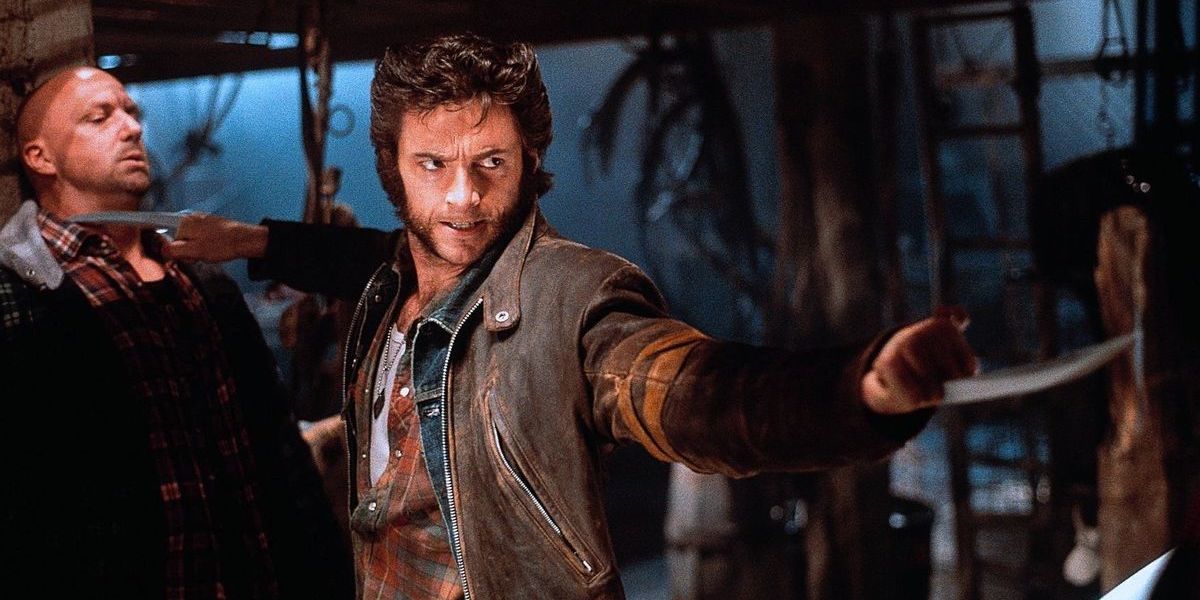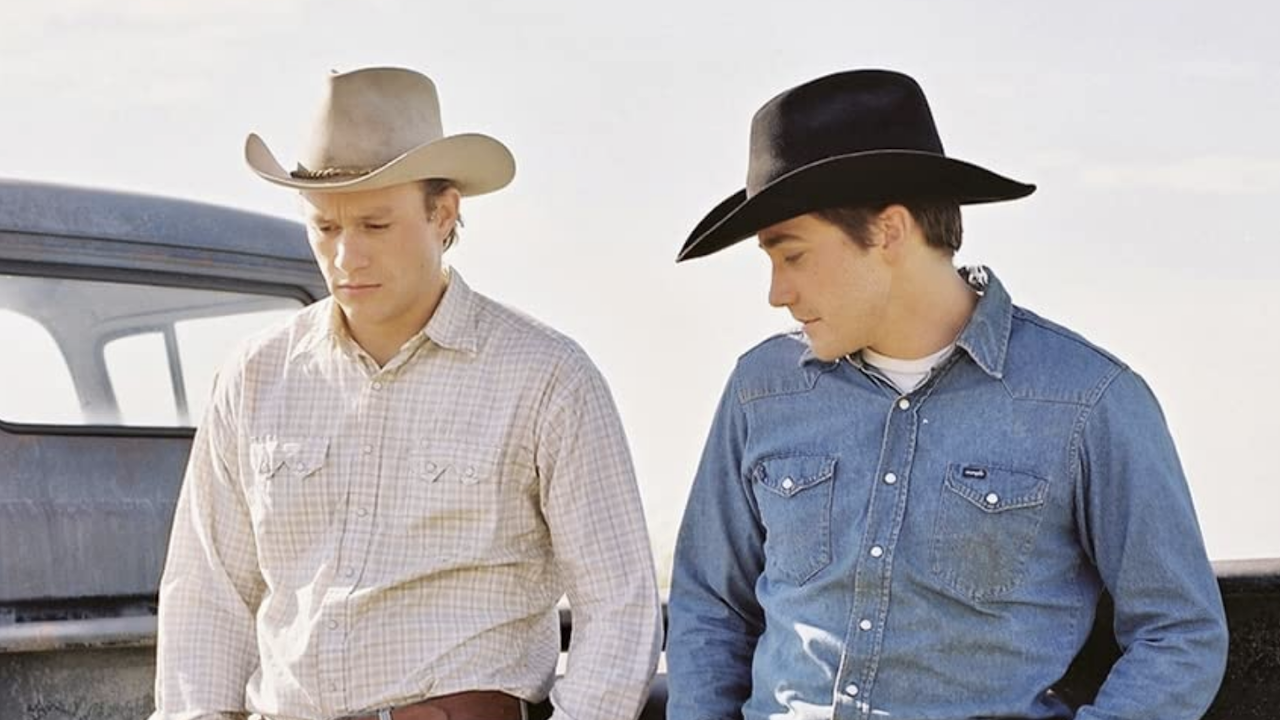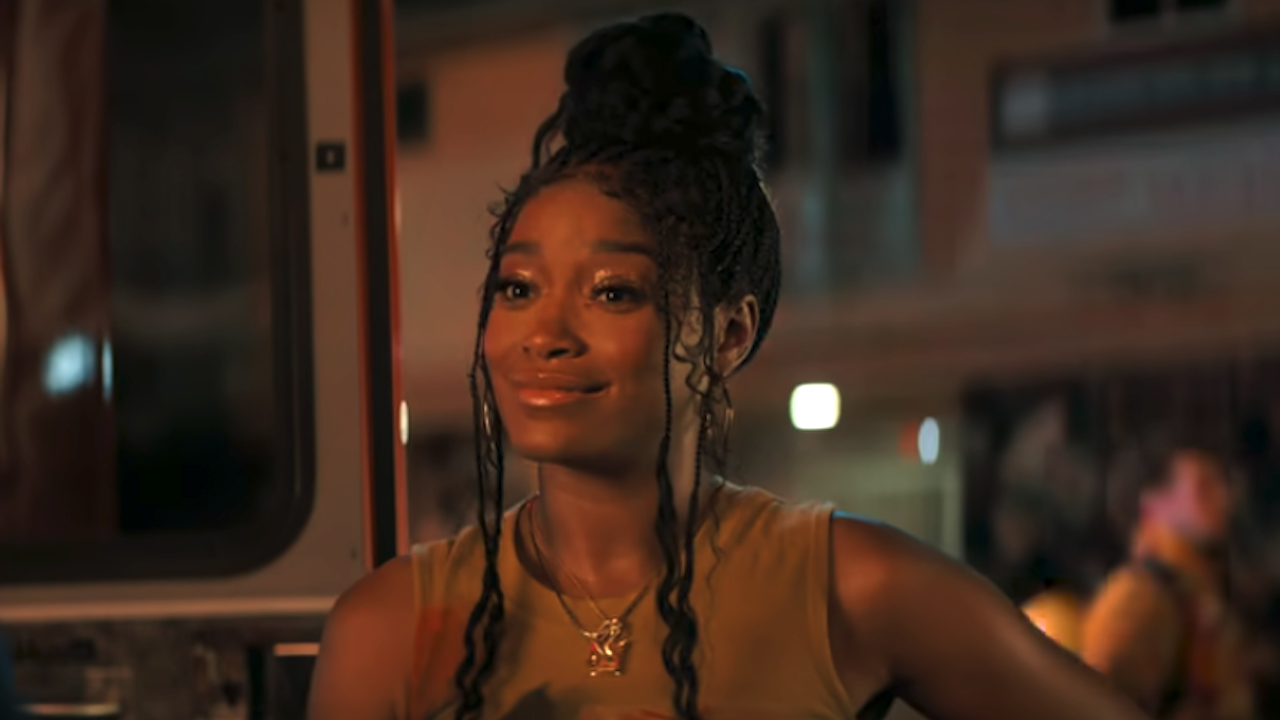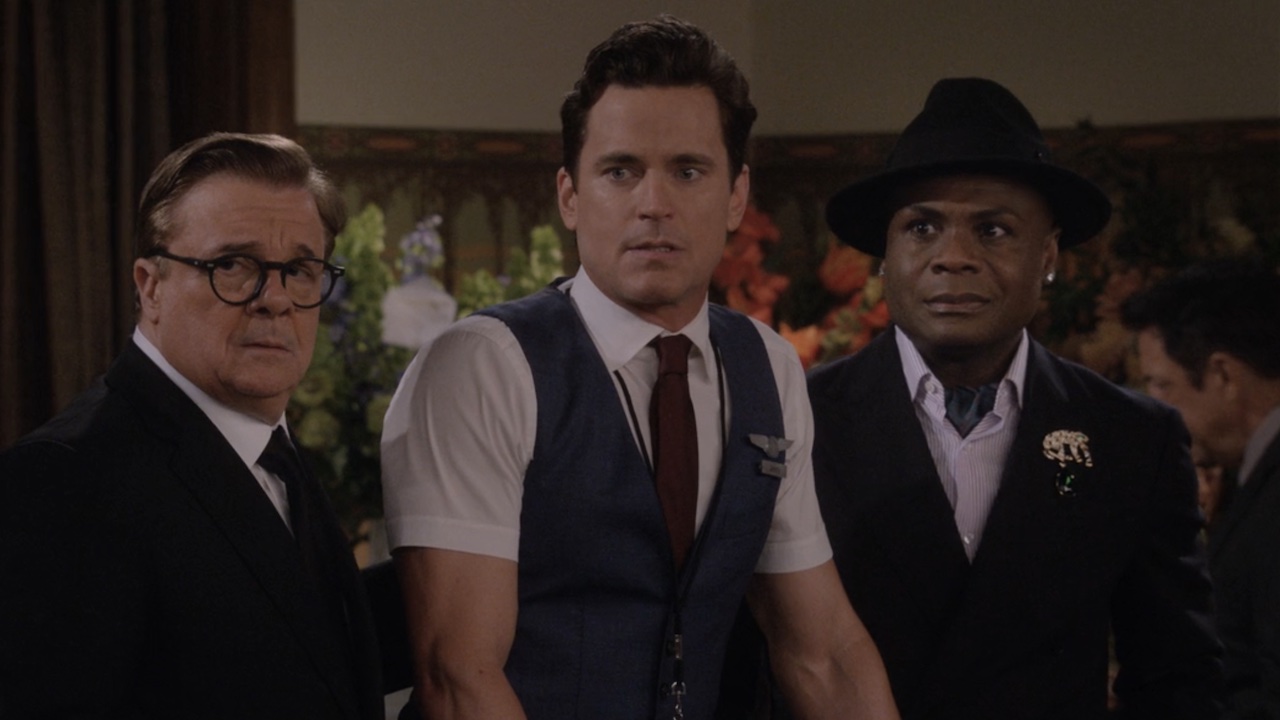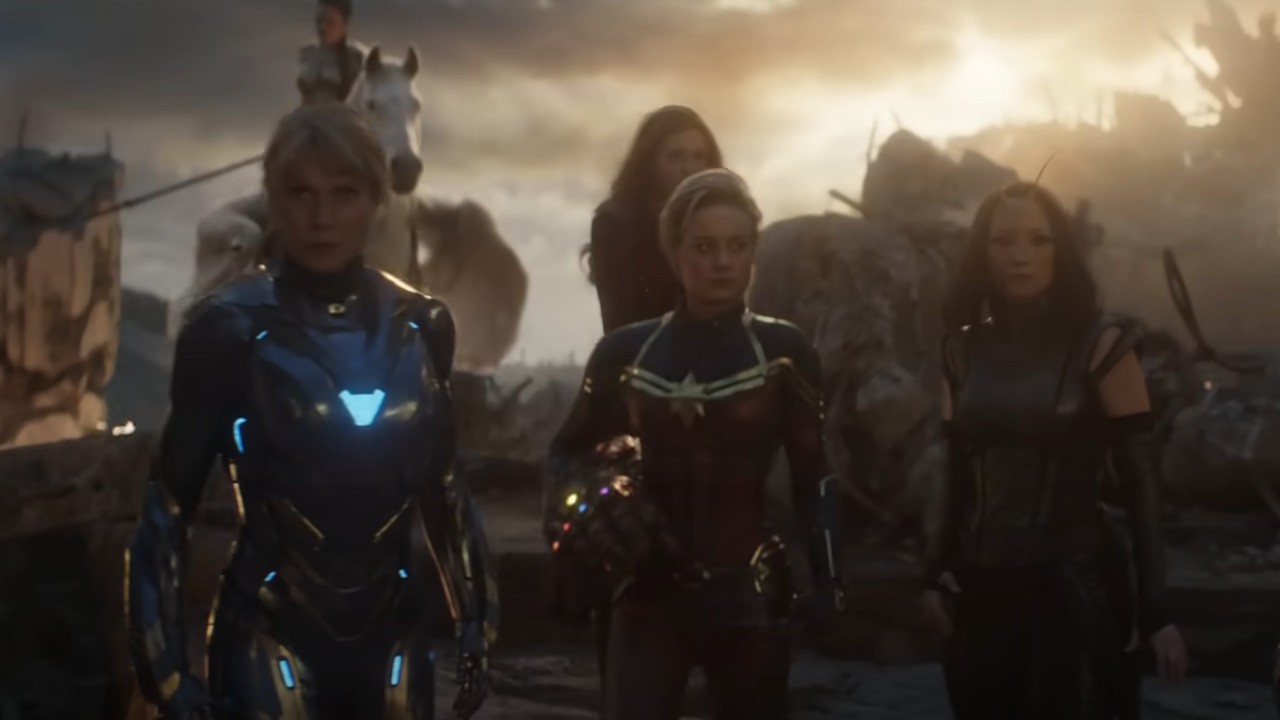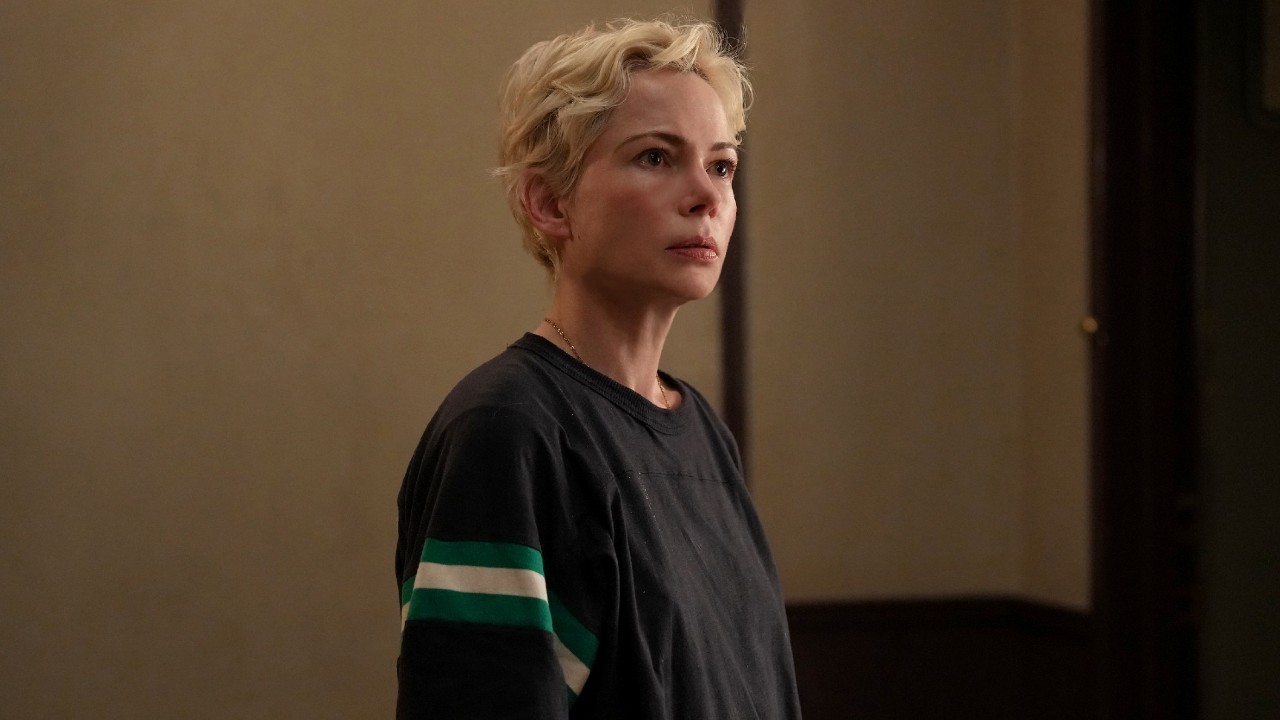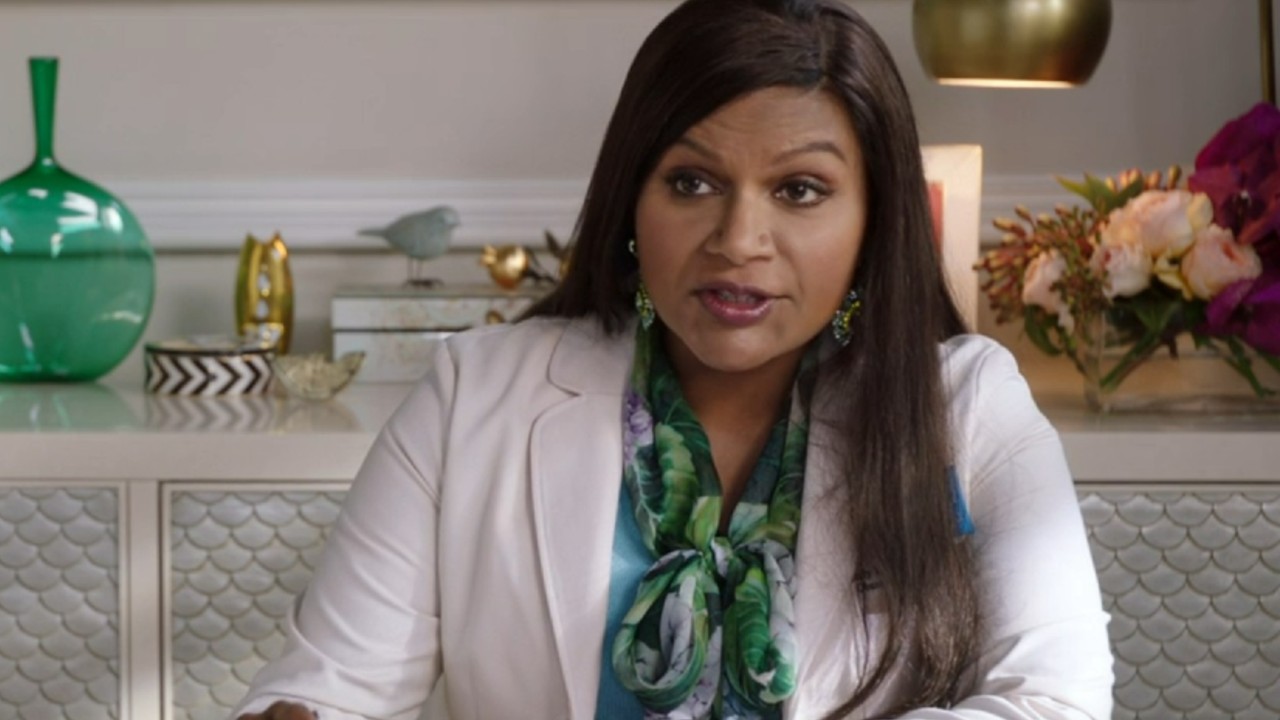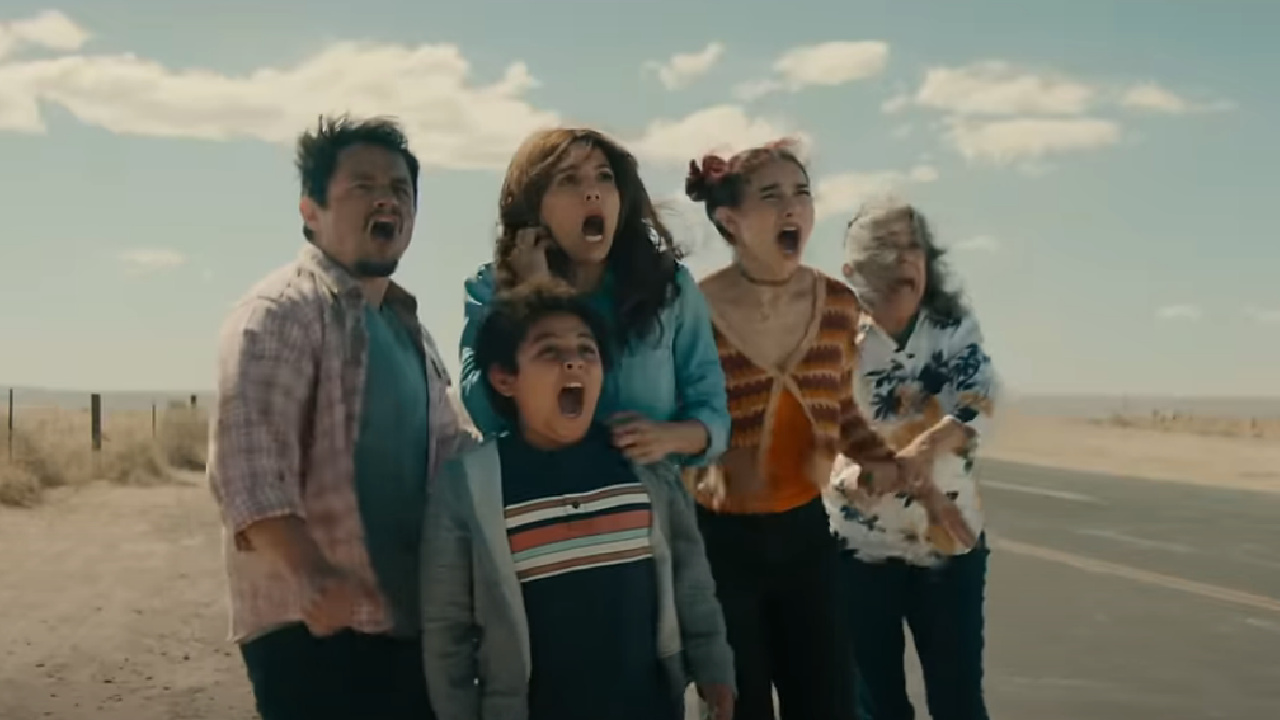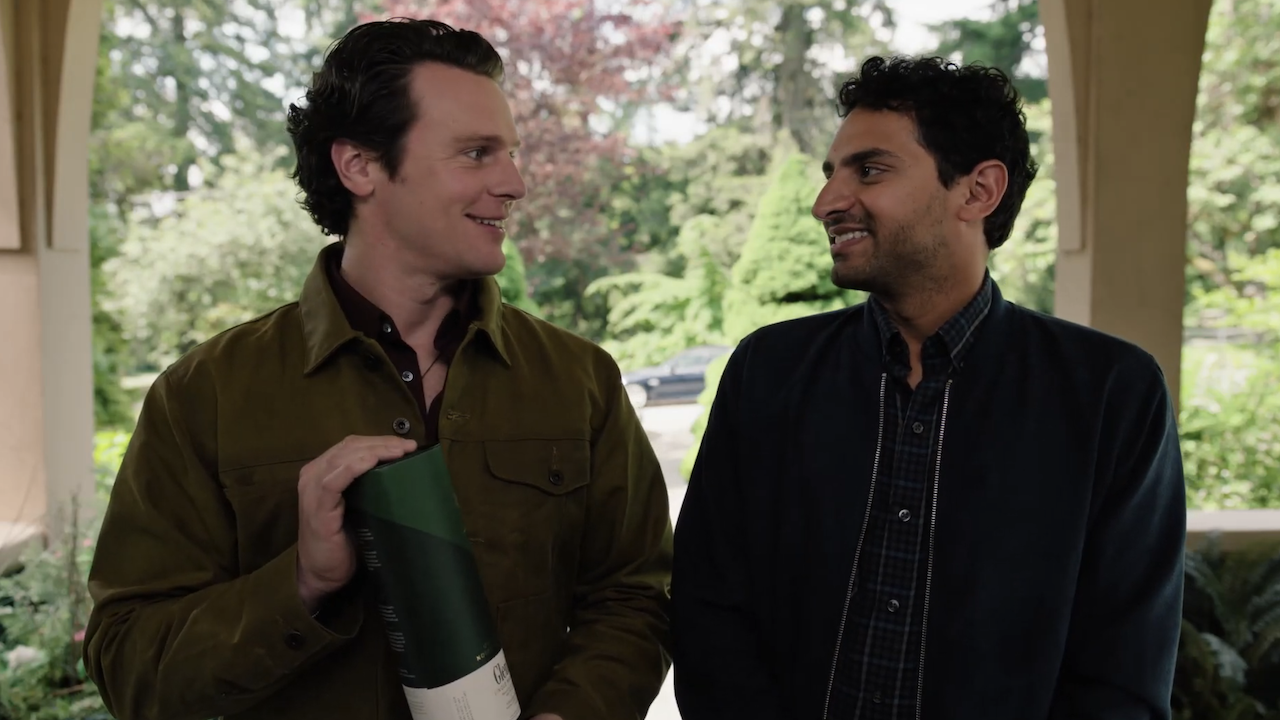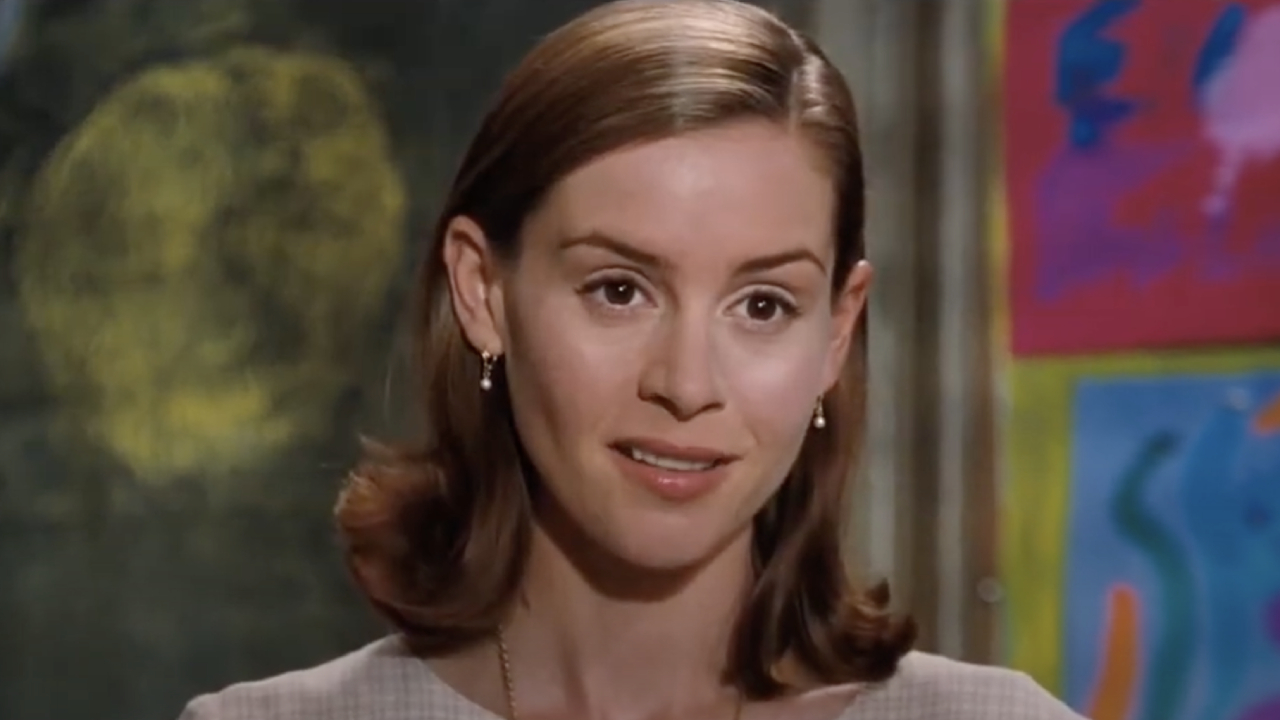How The Civil Rights Movement Inspired The X-Men Comics
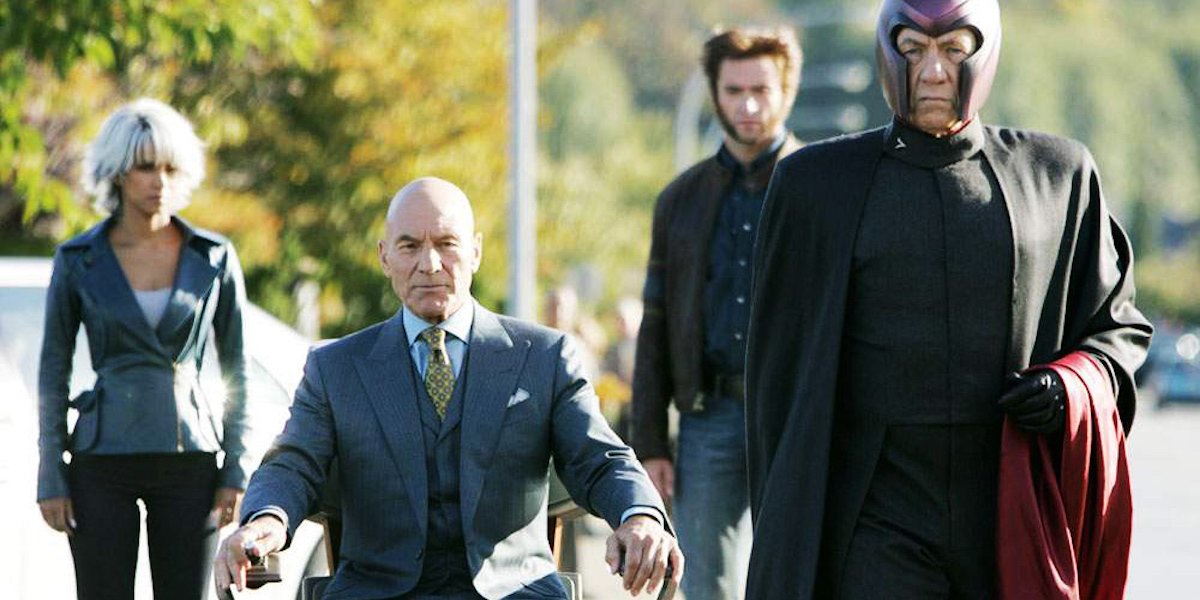
Movies have always reflected the society we live in, a history we’re trying to grapple with or a future we’re afraid of. And while Marvel and DC movies are often looked at as escapism from our realities and flawed systems, if you look closely many of them are actually solid reflections of elements of reality. One of the most piercing examples has always been through the X-Men comics, which the late Stan Lee and Jack Kirby debuted in 1963. The first issue was released at the height of the Civil Rights Movement that September not long after the March on Washington happened in Washington D.C. and Martin Luther King Jr delivered his famed “I Have A Dream” speech.
For over fifty years the X-Men comics and movies have connected fans over its overt commentary about the division of two people, the Mutants and everyone else. As one X-Men writer Chris Claremont said back in 1982:
The X-Men are hated, feared, and despised collectively by humanity for no other reason than that they are mutants. So what we have here, intended or not, is a book that is about racism, bigotry, and prejudice.
So let’s talk about this. Why was the popular series inspired by the Civil Rights Movement and what does that mean moving forward?
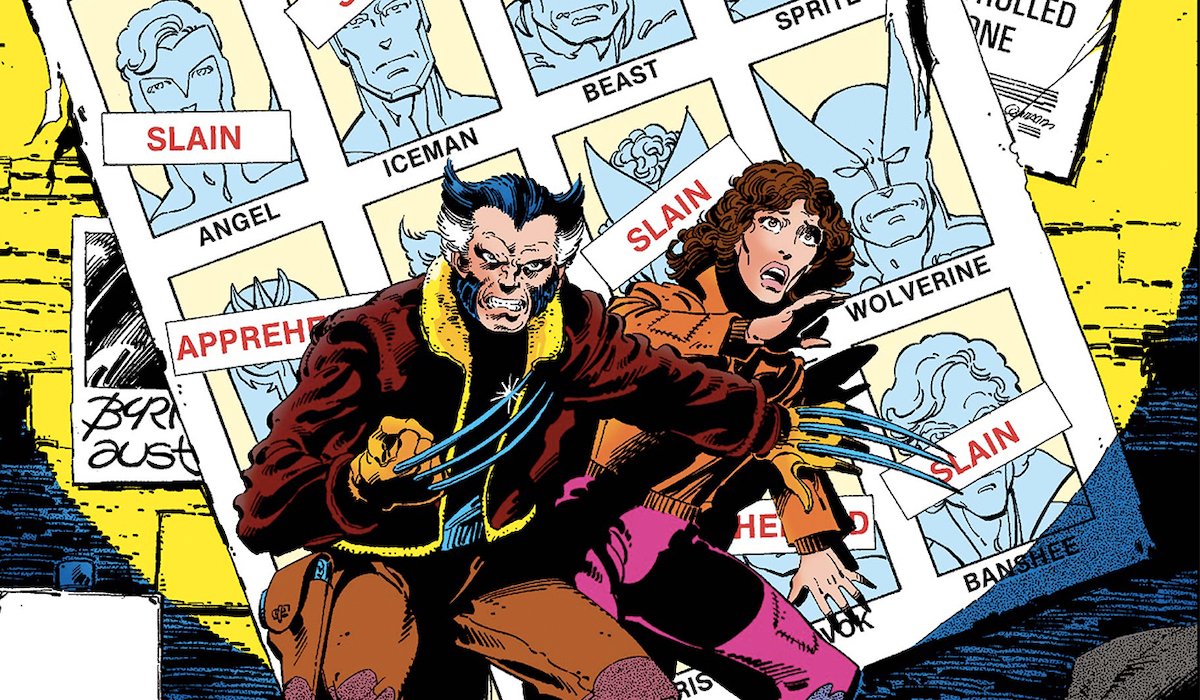
Stan Lee Conceived The X-Men As A Metaphor For The Civil Rights Movement
Back in the ‘60s, Stan Lee and Jack Kirby were on a role over at Marvel Comics co-creating their most iconic characters including Hulk, Thor, Iron Man and Doctor Strange. And among them the X-Men – Lee explained the conception of the team to The Guardian like this:
I couldn't have everybody bitten by a radioactive spider or zapped with gamma rays, and it occurred to me that if I just said that they were mutants, it would make it easy. Then it occurred to me that instead of them just being heroes that everybody admired, what if I made other people fear and suspect and actually hate them because they were different? I loved that idea; it not only made them different, but it was a good metaphor for what was happening with the Civil Rights Movement in the country at that time.
Lee has always had a knack for creating relevant and timeless superheroes – hence their place in the modern mythology so many of us flock to in our free time. He lived through the years of the social justice movement, where Black Americans pushed for equal rights during a divisive and especially racist time in the U.S. It makes sense that the social justice movements would influence the comic book legend’s ideas at the time, and since its inception, the X-Men have been continued to be compared to this moment in history in more ways than one.
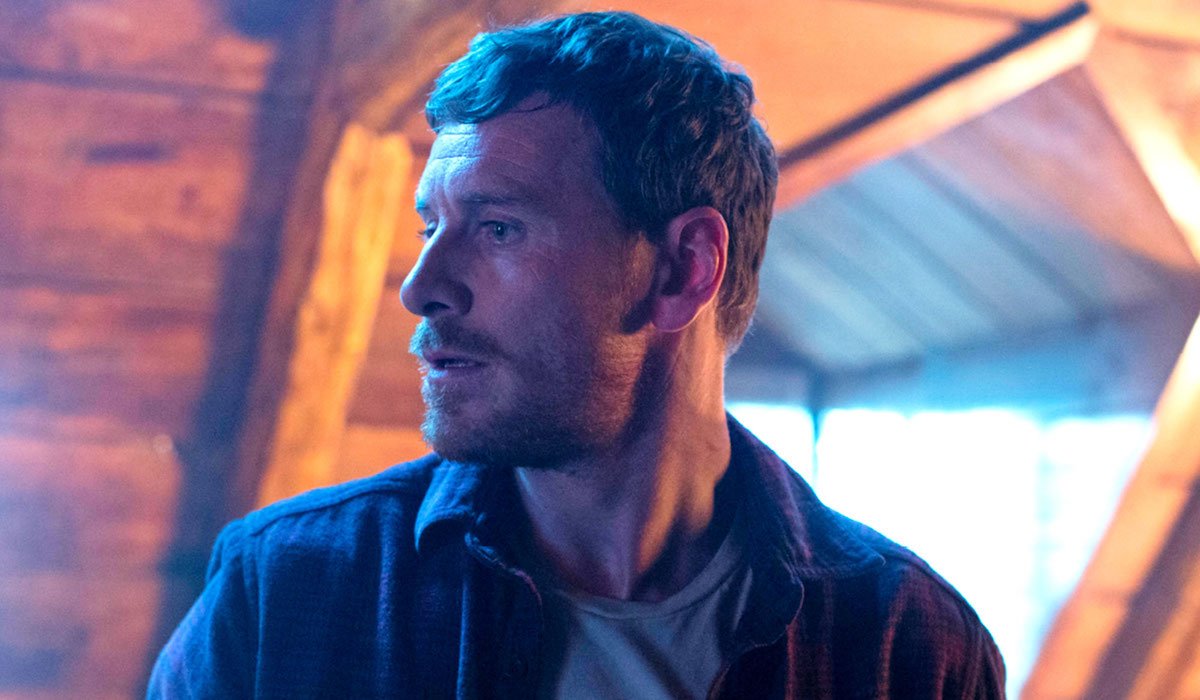
Professor X And Magneto Have Been Compared To MLK and Malcolm X
Looking more closely at X-Men’s connection to the Civil Rights Movement, many have made a distinct connection between the franchise’s central characters Professor X and Magneto. The mutants are often opposing forces, stemming from their differing ideologies about how to survive in a world that is cruel to their kind. Professor X takes the path of educating mutants to control their powers and hopes to live in a world where humans and mutants can co-exist peacefully. For years, audiences have compared Charles Xavier to Martin Luther King Jr, in terms of their approaches to advocating for equality.
It gets more complicated when we get to the Magneto / Malcolm X comparisons, because from a rigid context of good vs. evil that comic books play into, that would mean that people are saying Malcolm X’s philosophy was more inherently bad or diametrically opposed to MLK’s, and that is not completely true. Yes, Malcolm X famously gave his “By Any Means Necessary” speech in 1964, calling for the complete “independence of people of African descent” in the U.S. He was opposed to assimilation, in terms of Black people denying their identities in order to co-exist with white Americans. This aspect of Malcolm X can be compared to Magneto, who felt mutants should be able to live freely as they are and not hide who they are. The X-Men character also threw away his “human” name for Magneto, similarly Malcolm X took his famous “X” last name to reject his slave roots.
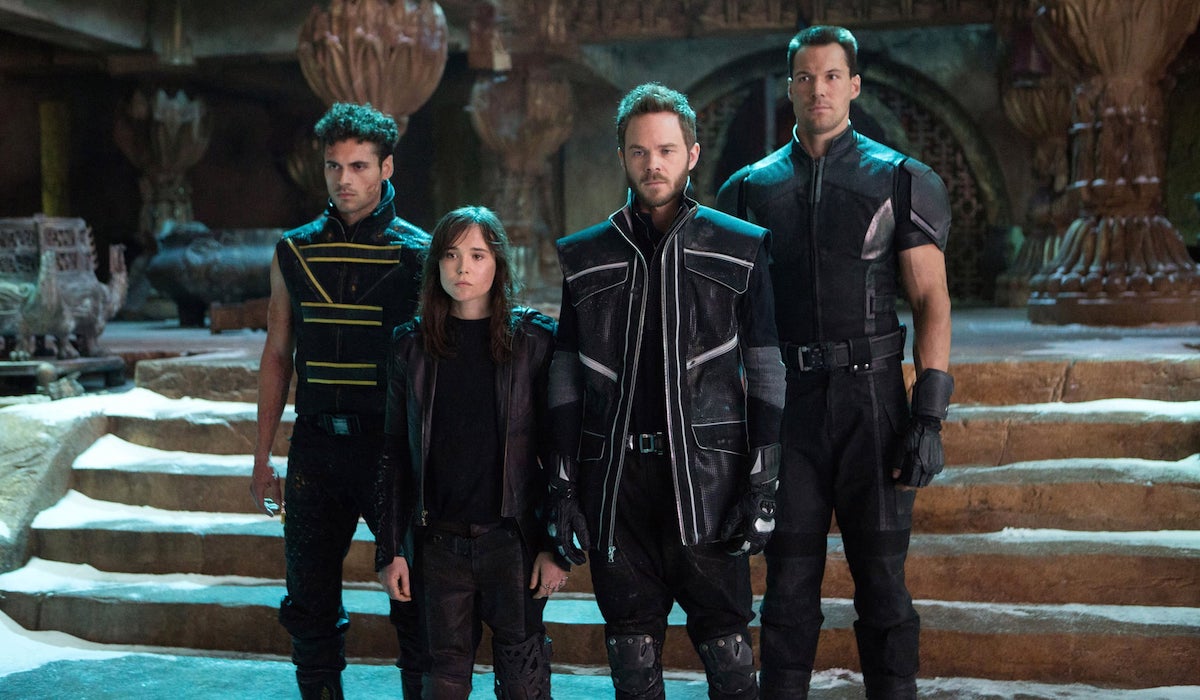
The Problem With X-Men’s Ties To The Civil Rights Movement Today
But there's an inherent issue the X-Men franchise has by being a “commentary” or metaphor to the Civil Rights Movement. Just about every main character within the mutant universe with a key role in the franchise had and is known and has been a white character. To replace an experience that is inherently tied to racism, bigotry and prejudice to predominantly white, straight characters is white erasure. It’s important for us to respectfully recognize this aspect of X-Men’s roots today when talking about its commonalities and inherent ties to the Civil Rights Movement. As Medium put it:
It needs to be understood that these comparisons are harmful. In addition to demonizing Malcolm X and de-radicalizing MLK Jr., the binary maintains racist thinking that attempts to divide African-Americans into two, simplistic categories. It distorts history and insults the legacy of both Malcolm X and MLK Jr. Claiming that two super-powered white male mutants are stand-ins for two Black civil rights leaders fighting for the liberation of Black people and then appropriating their struggles does the opposite of challenging oppression.
It’s an important discussion to have today as Marvel seeks to adapt the mutants for the MCU sometime in the near future. While the original movie franchise was focused on the diametrically opposed ideals between Professor X, Magneto and the mutant war coming to the forefront, it might be more effective for the next X-Men adaptation by moving away from basically rewriting Civil Rights history with mutant history and instead recognizing and making distinctions between the two. X-Men is a product of the ‘60s and linked to the Civil Rights Movement, but it is not really fair to call it a good nor helpful commentary on the era, and there has to be room for this topic to be treated more kindly and carefully in the future.
Marvel Studios has certainly made some advancements toward representation in the past few years, and can do some incredible things with the property whenever it gets to it. It will be interesting to see how the mutants fit into the MCU when it happens. It’s going to be one epic crossover event!
CINEMABLEND NEWSLETTER
Your Daily Blend of Entertainment News

Sarah El-Mahmoud has been with CinemaBlend since 2018 after graduating from Cal State Fullerton with a degree in Journalism. In college, she was the Managing Editor of the award-winning college paper, The Daily Titan, where she specialized in writing/editing long-form features, profiles and arts & entertainment coverage, including her first run-in with movie reporting, with a phone interview with Guillermo del Toro for Best Picture winner, The Shape of Water. Now she's into covering YA television and movies, and plenty of horror. Word webslinger. All her writing should be read in Sarah Connor’s Terminator 2 voice over.
